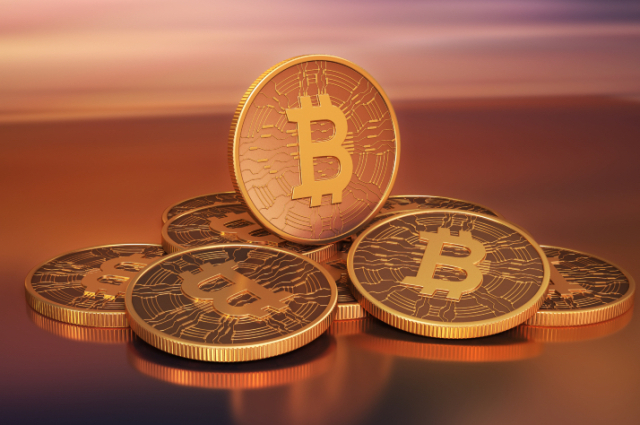
BTC is emerging as a new inflation hedge that has surpassed gold. Global companies are expanding their BTC investments as part of their asset diversification strategies, while domestic companies are missing investment opportunities due to shadow regulations.
As of 2:30 pm on the 22nd, based on CoinMarketCap, BTC recorded $99,046, up 1.5% from the previous day. This is the first time BTC has entered the $99,000 range.
Related Articles
- [Lunch Briefing] SEC Chairman Gensler Resigns Voluntarily... Bitcoin Breaks $100,000
- Babylon Bitcoin Staking Opens Floodgates for Institutional Investment... US Digital Asset Bank Joins
- Bitcoin Breaks $99,000, Major Stock Indexes Rise... 'Trump Effect' [Daily International Financial Market]
- Bitcoin Nears $100,000... Forecast of $200,000 Next Year
As the upward trend continues, BTC is being recognized as a stronger inflation hedge than gold. Analysis shows that Bitcoin's return on investment has surpassed gold over the past month, making it more attractive than gold. According to GoldPrice, gold has fallen 2% in the past month, while BTC has risen 48%. Nigel Green, CEO of global financial planning advisory firm deVere Group, explained that "BTC has established itself as an inflation hedge and asset diversification tool, with institutional interest at an all-time high".
Global companies are also expanding their BTC investments. MicroStrategy, the company with the largest BTC holdings in the world, recently purchased an additional 50,180 BTC worth $460 million. This brings MicroStrategy's total BTC holdings to 331,200, worth about $33 billion at current prices. Rather than selling BTC to realize gains in the recent sharp uptrend, the company decided to buy more and increase its holdings.
Microsoft, the world's third-largest company by market capitalization, is also considering BTC investment. Microsoft will put a BTC investment proposal on the agenda and hold a vote at its annual shareholder meeting on December 10th. Zingle Research said, "If Microsoft's BTC investment proposal is passed, it will have a strong positive impact on BTC prices and the overall virtual asset market".
On the other hand, domestic companies can only watch the success stories of overseas BTC investments. Due to the financial authorities' shadow regulations, domestic corporations cannot obtain the real-name accounts from banks required for virtual asset investments. As a result, domestic companies are resorting to indirect investments through overseas subsidiaries. The launch of a BTC exchange-traded fund (ETF) is also not allowed, making indirect investment difficult.
In response to these criticisms, the Financial Services Commission launched a virtual asset committee this month and said it would review allowing corporate accounts and approving ETFs. Professor Min Se-jin of the Department of Economics at Dongguk University urged that the current regulations are hindering the growth of Korea's virtual asset market, and a system in line with global trends should be established as soon as possible.
- Reporter Kim Jung-woo
- woo@decenter.kr
< Copyright holder ⓒ Decenter, Unauthorized reproduction and redistribution prohibited >








